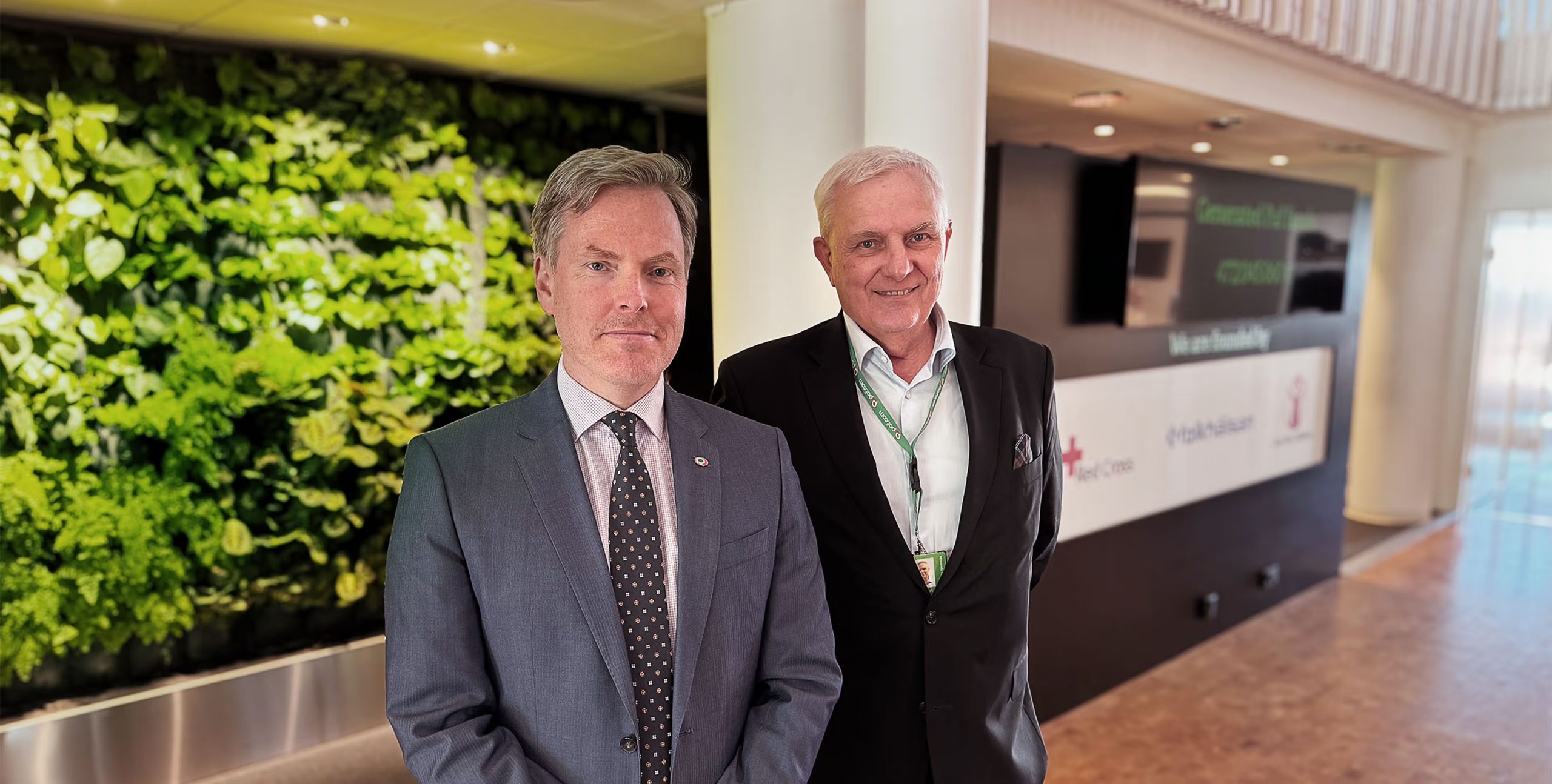Paf Reports Robust Growth in Online Ventures Amid Tax Challenges for 2024
Paf, the Nordic gaming operator, has announced impressive financial results for the 2024 fiscal year, showcasing significant expansion in its online gambling division. However, increased taxation has impacted its land and sea segments.
In its year-end report, Paf revealed that group revenue reached €183 million ($207.4 million), marking a 3.3% increase from €177.1 million in the previous year, which was already a record achievement. This growth reflects the rising popularity of its online offerings.
Online Revenue Shows Strong Performance
The online segment was particularly lucrative, generating €161.2 million, a remarkable 4.8% increase from the prior year. The growth was primarily driven by robust performance in slots and sports betting, aided by a surge in registered customers. In 2024, Paf registered 685,406 customers, an 11.4% rise, and anticipates continued growth in active users through targeted marketing and technological enhancements.
Conversely, the land and sea segment, which includes arcade gaming and operations on cruise ships and ferries, saw a decline in revenue to €21.8 million, down 6.4%. The dip was attributed to increased tax burdens, particularly Finland’s lottery tax, escalating from 10% to 12% this year, effectively increasing Paf’s tax contribution in the region.
The Impact of Tax Reforms on Profit Margins
While Paf’s revenue has flourished, net profits saw a slight decline, primarily due to elevated tax rates across various markets. The total tax paid in 2024 was €11.8 million higher than the previous year, with significant hikes in Sweden, Estonia, and Latvia compounding financial pressure.
CEO Christer Fahlstedt remains optimistic despite these challenges, asserting that the company is positioned to navigate the evolving tax landscape. He emphasized the importance of taxation as a societal responsibility for gambling operators, stating, “Paf is adept at managing tax increases, thanks to our dedicated player base which generates steady, long-term revenue.”
Financial Highlights: Profit Margins Tighten
With increased operational costs and higher depreciation expenses, Paf reported a pre-tax profit of €59 million, down 1.7% year-on-year. After accounting for taxes and deferred taxes, the net profit stood at €54.3 million, reflecting a modest decline of 1.5% from the previous year.
Commitment to Responsible Gaming
Despite the reduction in net profit, Paf has maintained its commitment to societal contributions, allocating €21.5 million for community efforts in areas such as sports, culture, and the environment. Chairman Mikael von Schantz praised the consistency of Paf’s philanthropic funds and highlighted the company’s innovative approach to responsible gaming.
In March, Paf revised its loss limits for players, reducing yearly maximum losses for various age groups. Players aged 25 and above now face a limit of €16,000, while the limits for younger players have also been adjusted downwards. “Our goal is to be a leading sustainable entertainment company,” Fahlstedt stated. “Our results demonstrate that we can achieve robust outcomes without compromising responsible gaming.”
Fahlstedt expressed surprise that state-owned competitor Veikkaus opted to raise its loss limits, indicating that Paf intends to pursue a distinct and socially responsible path in the industry.
